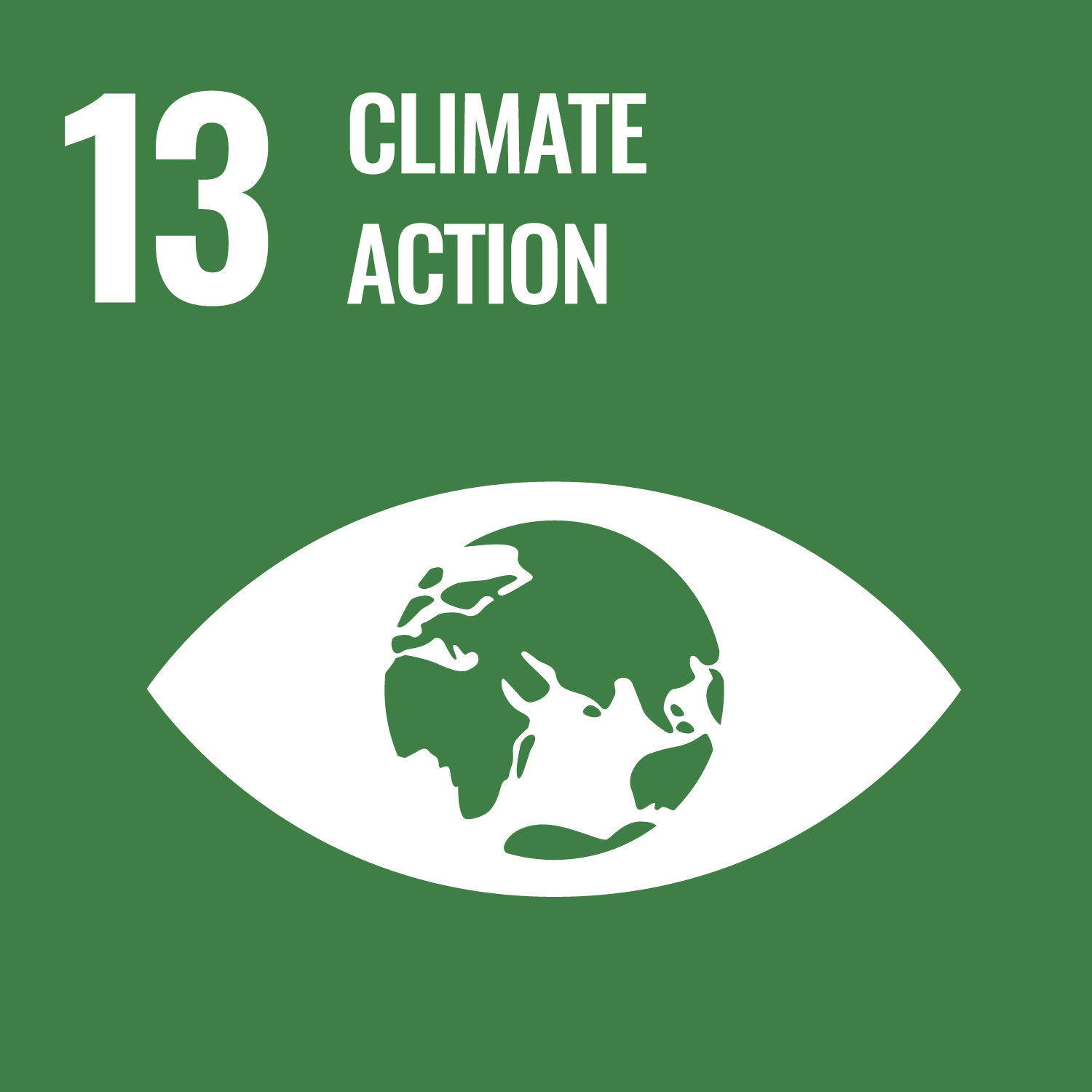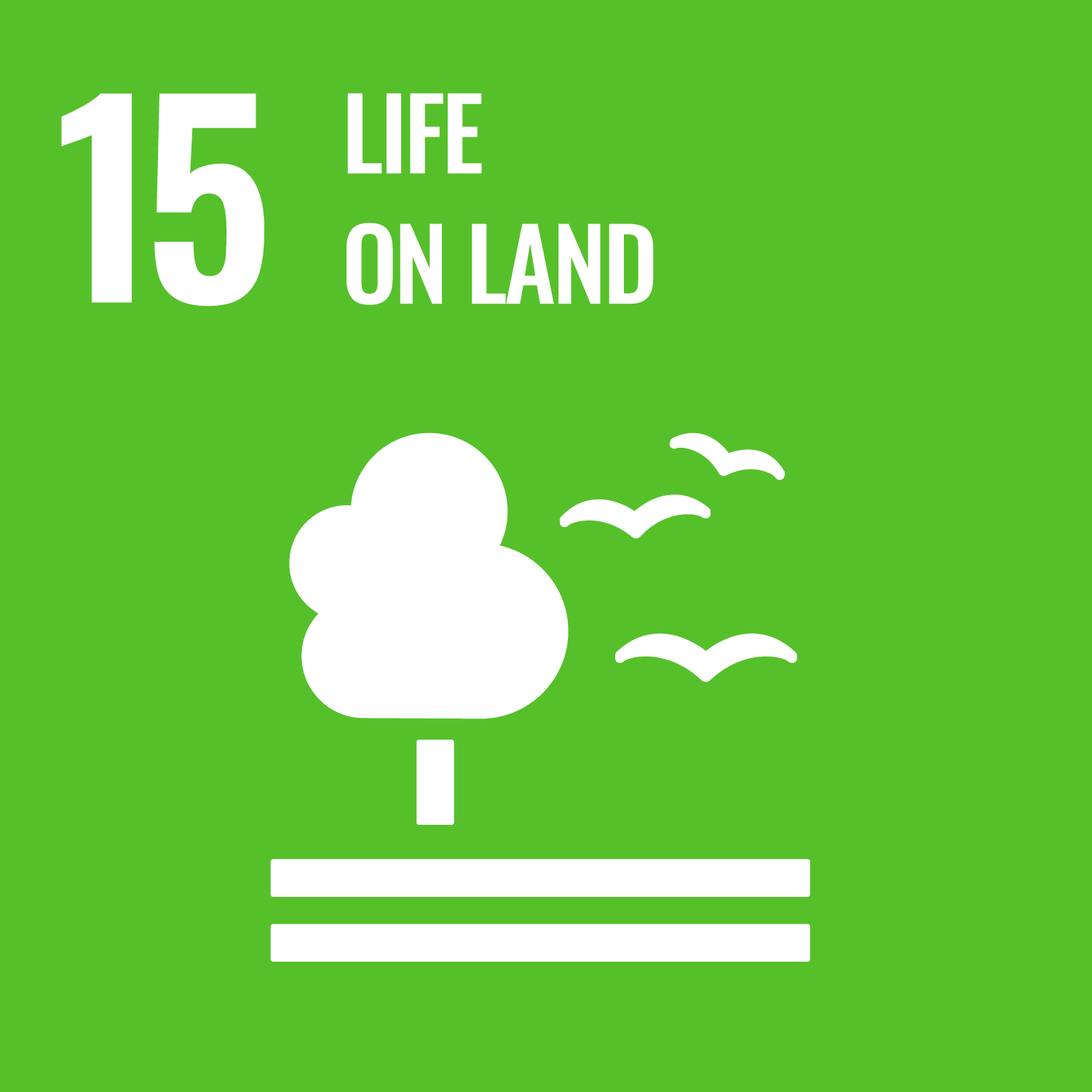Unlocking and Increasing the effectiveness of climate spending with OBF in Kenya
Aligned SDGs


- Unlocking and Increasing the effectiveness of climate spending with OBF in Kenya
- General overview
- Intervention
- Location
- Last data update
- Spreadsheet of data
- Unlocking and Increasing the effectiveness of climate spending with OBF in Kenya
- General overview
- Intervention
- Location
- Last data update
- Spreadsheet of data
General overview
Stage of development: Scoping
Policy sectors: Environment and climate change
Type of instrument: Payment-by-results (no pre-financing)
Delivery locations: Kenya
Country classification: Lower-middle-income
Intervention
Social or environmental challenge
The challenges of climate change represent a classic and clear-cut market failure: the harmful effects of activities that emit or release carbon dioxide represent unpriced negative externalities causing them to exceed their socially desirable levels, ultimately driving the present climate crisis. At the same time, the lack of pricing of activities that reduce or absorb carbon dioxide emissions and other GHG emissions drives their underprovision of resources to be properly funded. Responding to these needs, global actors have established various mechanisms and funds, like the GCF, aimed at reducing or removing emissions. In this context, it is critical that we identify cost-effective programs that can respond to this market failure (such as Protected Areas) and effective funding modalities (such as Outomes-Based Financing (OBF)) which can drive effective programming.
Description of the intervention
High-Income Countries have pledged USD 100 billion to respond to the climate crisis through mitigation and adaptation spending to Low- and Middle-Income Countries (LMICs). While there is a long way to go in securing all these resources, questions of the efficacy as well as the quantity of spending are of increasing importance given a concerning lack of evidence on the effectiveness of significant parts of climate spending and the widely diverging results found from the little evidence we have. Additionally, vulnerable countries that need climate finance the most are often the least likely to receive it given capacity gaps. This situation is slowing the globe's response to the climate crisis and depriving LMICs of critically needed for adaptation to preserve development gains.
In this context, Instiglio has developed a partnership with Kenyaâs National Environment Management Authority (NEMA) to prepare highly cost-effective mitigation and adaptation programs that would entail RBF payments linked to climate results and be funded by the Green Climate Fund (GCF) and other partners. Specifically, Instiglio is supporting NEMA with the development of an evidence-based Protected Areas program that would achieve substantial climate mitigation and environmental benefits.
Location
Country:
- Kenya
Locality:
- Kenya
Last data update
Data for this pipeline project was last updated in August 2024
You might have noticed that some pipeline projects have more data than others. This is because organisations can share as much data as they want with the INDIGO initiative. If you have more data on one of these pipeline projects and would like to share with us, please get in touch at indigo@bsg.ox.ac.uk. Our full list of variables and data definitions can be found here.
Spreadsheet of data
Important Notice and Disclaimer on INDIGO Data
INDIGO data are shared for research and policy analysis purposes. INDIGO data can be used to support a range of insights, for example, to understand the social outcomes that projects aim to improve, the network of organisations across projects, trends, scales, timelines and summary information. The collaborative system by which we collect, process, and share data is designed to advance data-sharing norms, harmonise data definitions and improve data use. These data are NOT shared for auditing, investment, or legal purposes. Please independently verify any data that you might use in decision making. We provide no guarantees or assurances as to the quality of these data. Data may be inaccurate, incomplete, inconsistent, and/or not current for various reasons: INDIGO is a collaborative and iterative initiative that mostly relies on projects all over the world volunteering to share their data. We have a system for processing information and try to attribute data to named sources, but we do not audit, cross-check, or verify all information provided to us. It takes time and resources to share data, which may not have been included in a project’s budget. Many of the projects are ongoing and timely updates may not be available. Different people may have different interpretations of data items and definitions. Even when data are high quality, interpretation or generalisation to different contexts may not be possible and/or requires additional information and/or expertise. Help us improve our data quality: email us at indigo@bsg.ox.ac.uk if you have data on new projects, changes or performance updates on current projects, clarifications or corrections on our data, and/or confidentiality or sensitivity notices. Please also give input via the INDIGO Data Definitions Improvement Tool and INDIGO Feedback Questionnaire.